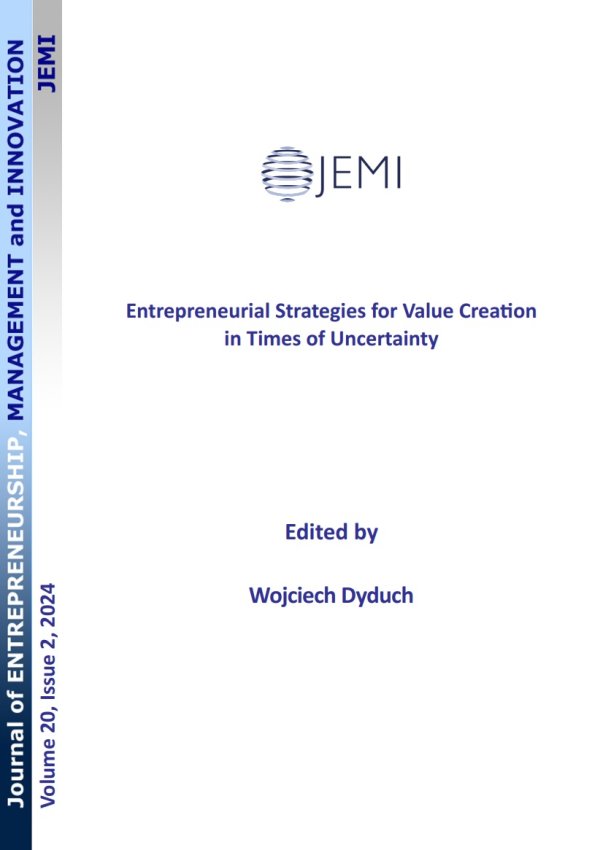Michał Ujma, Business Manager, Sii Polska Sp. z o.o., al. Niepodległości 69, 02-626 Warszawa, Poland, e-mail: This email address is being protected from spambots. You need JavaScript enabled to view it. 
Tomasz Ingram, Ph.D., Associate Professor, University of Economics in Katowice, Faculty of Economics, Department of Entrepreneurship and Management Innovation, ul. 1-go Maja 50, 40-287 Katowice, Poland, e-mail: This email address is being protected from spambots. You need JavaScript enabled to view it. 
Abstract
Using the premises of the Ability-Motivation-Opportunity theory, the main aim of the paper is to answer the question of how HRM practices affect individual commitment considering task uncertainty as for the important moderator of the relationships between HRM practices and commitment. For that purpose, we use data from 164 employees working in 32 teams in international recruitment and selection agency departments located in Poland. We find out that HR practices differently affect organizational commitment. In particular, HR practices focused on fostering employees’ motivation and creating opportunities within organizations positively influence affective commitment, while HR practices focused on fostering employees’ abilities are negatively related to continuance commitment. Further, we also find that task uncertainty significantly moderates the relationship between HR practices and continuance commitment. The study finishes with theoretical and practical implications and future research directions.
Keywords: ability-motivation-opportunity,AMO theory, HRM practices, organizational commitment, task uncertainty






